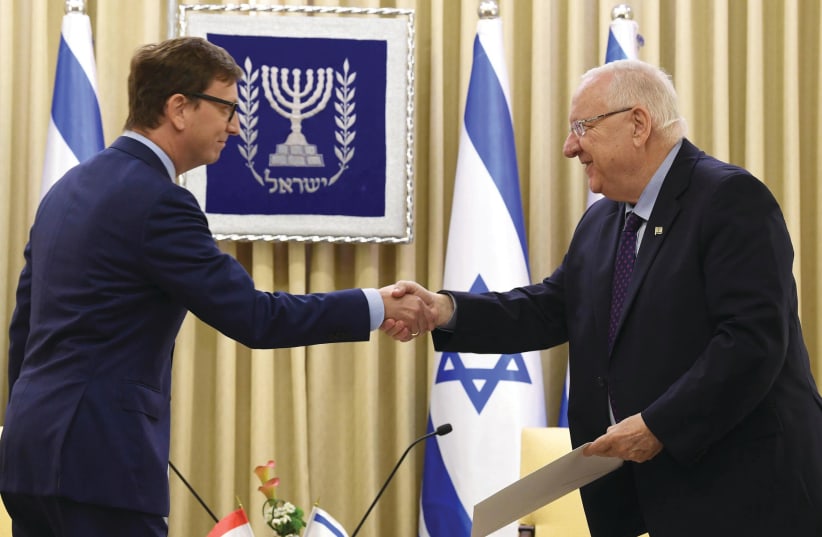Meet the Ambassador: Hungary’s complex relationship with Israel
The cultural year essentially marked the 30th anniversary celebrations of the renewal of diplomatic relations between Hungary and Israel which have become increasingly stronger over the years.
